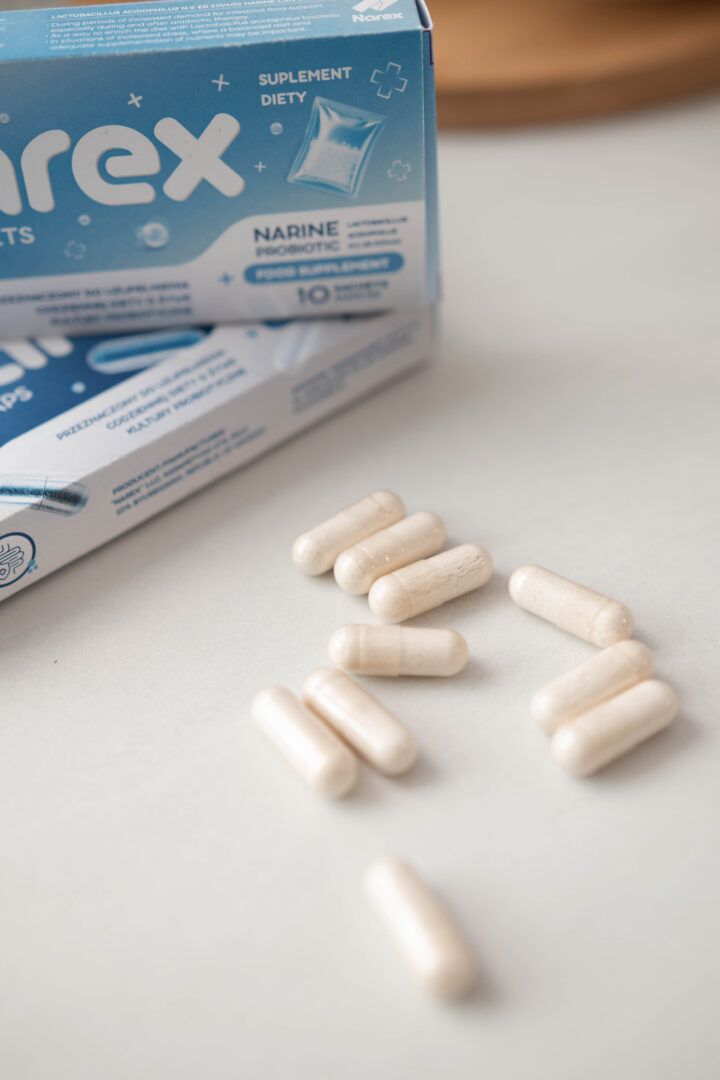
Probiotics and the Prevention of Chronic Diseases
Modern scientific research increasingly confirms that probiotics, best known for their beneficial effects on gut health, may also play an important role in preventing a wide range of chronic diseases. These live microorganisms, when consumed in adequate amounts, can positively influence health by modulating gut microbiota and affecting key biological mechanisms. This article explores how probiotics may help in the prevention of heart disease, type 2 diabetes, and even certain types of cancer.
How Do Probiotics Work?
Probiotics are live bacteria and yeasts that naturally inhabit the human body, mainly the digestive tract. They are most often associated with improved gut health and enhanced immune function. By influencing gut microbiota composition, probiotics can affect metabolic, immune, and inflammatory processes — all of which are central to the development of chronic diseases.
Probiotics and Heart Disease
Studies have shown that certain probiotic strains may help lower levels of LDL cholesterol, known as the “bad” cholesterol, which is a major risk factor for cardiovascular disease. Probiotics may also contribute to lowering blood pressure and improving triglyceride levels, offering additional protection against heart conditions.
Probiotics and Type 2 Diabetes
Insulin resistance is a key factor in the development of type 2 diabetes. Research suggests that probiotics can improve insulin sensitivity and reduce inflammation, helping to prevent diabetes onset. Additionally, regulating gut microbiota through probiotic use may positively affect blood glucose control, an essential factor for those at risk of developing diabetes.
Probiotics and Cancer
The preventive role of probiotics in certain cancers, particularly those affecting the digestive system, is gaining increasing attention. Probiotics may reduce pro-inflammatory markers associated with tumor formation. Some studies indicate that regular probiotic consumption can lower the risk of colorectal cancer by influencing bile metabolism and creating an intestinal environment unfavorable to cancer cell growth.
Conclusion
Probiotics hold significant promise in the prevention of various chronic diseases. Although further research is needed to fully understand their mechanisms and confirm large-scale effectiveness, current evidence suggests that incorporating probiotics into a daily diet can enhance overall health and reduce chronic disease risk. As always, it is recommended to consult a healthcare professional before starting probiotic supplementation to ensure the therapy is tailored to individual health needs.







